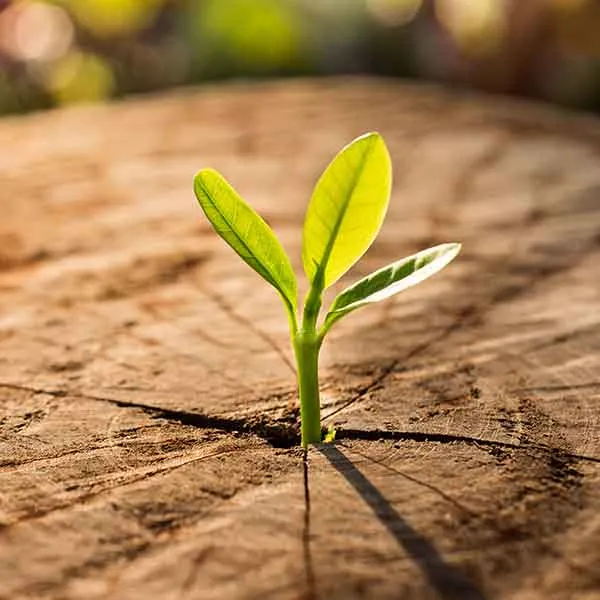Choose the Sun, Not the Surrounding Storm

Editor's Note: This is part of Nancy's Resilience series. Please see other posts in this series.
The sun shines nearly every day in Denver. It’s what drew me here 13 years ago after losing my first husband, Brett, to brain cancer when our twins, Rebecca and Casey, weren’t even 3 years old. (Read more about our journey) I needed the sunshine to heal then—and I need it now. The sun is more powerful than cancer, and I have to believe that it’s more powerful than COVID-19, which has thrown the entire world into crisis.
For cancer patients, in particular, the pandemic has created another level of disruption. Weakened immunity puts patients at greater risk, and hospitals are so bogged down by COVID-19 that sometimes treatment must be delayed in order to minimize risk of infection. That’s not all. Because COVID-19 is highly contagious, most caregivers can no longer accompany loved ones to the hospital. The changing landscape is full of unknowns, making everyone feel upside down.
This is the first in a series of new columns about resilience, an area I’m passionate about and grew to be an expert in precisely because of my experience as a longtime cancer caregiver. Let me tell you my philosophy. Resilience is about pushing past challenges. Not in a blind, fast and furious manner; that doesn’t yield long-term gains. Real resilience—the kind that we know in our gut and can activate on any given day—requires something deeper. We have to go beyond the surface of our problems by looking at them in a more nuanced way and with broad perspective. How do we do this? By cultivating the necessary self-awareness to see the lessons and losses that challenges present. Only in this way can we put ourselves on the path of growth. Which is the whole point to resilience.
It occurs to me that making peace with vulnerability is the lesson we must learn right now. It’s a lesson that many cancer patients and caregivers have learned before but are being reminded of once again in the midst of the current pandemic. I can still taste the vulnerability I felt when Brett was first diagnosed in 1998. It rose from my belly and sat like curdled milk on my tongue. I felt this sour taste of vulnerability throughout the entirety of Brett’s treatment and during the long periods of remission when we hoped that life would return to normal. I felt its bitter residue when he died, when his suffering (and ours) was over, yet in so many ways new fears sprang up instead. As a young widow, I worried about my mortality, my children’s mortality, my parents, and on and on.
It took a long time for me to recognize that running from vulnerability was not going to help me to move forward in my life. Steering clear of my feelings allowed me and my twins to feel better in the short-term, but sooner or later those uncomfortable feelings erupted and then everyone felt worse. It wasn’t until I began to write my story in earnest that I understood something different about vulnerability. I discovered its relevance: that to be vulnerable is to be alive, and vice versa. We can’t have one without the other because vulnerability is part of the human condition.
Brené Brown, PhD, has spent decades researching this topic. “Vulnerability is not winning or losing; it’s having the courage to show up when we have no control over the outcome,” she says. Brown is a professor at the University of Houston, bestselling author, and podcast host of Unlocking Us.
Right now, it feels as though we have little control over how the COVID-19 pandemic turns—who gets sick, who recovers, who dies. It’s not that different from receiving a cancer diagnosis.
So how then can we learn to make peace with our vulnerability?
Back to the healing power of sunshine. What can you do to let joy and light into your life? If you can’t step outdoors to turn your face to the sun, try meditating on sunshine by filling your whole body and mind with spaciousness and light. The world has gone virtual, so now’s the time to use every resource available to you.
Resilience is a mindset. Choose to see the sun, not the surrounding storms.